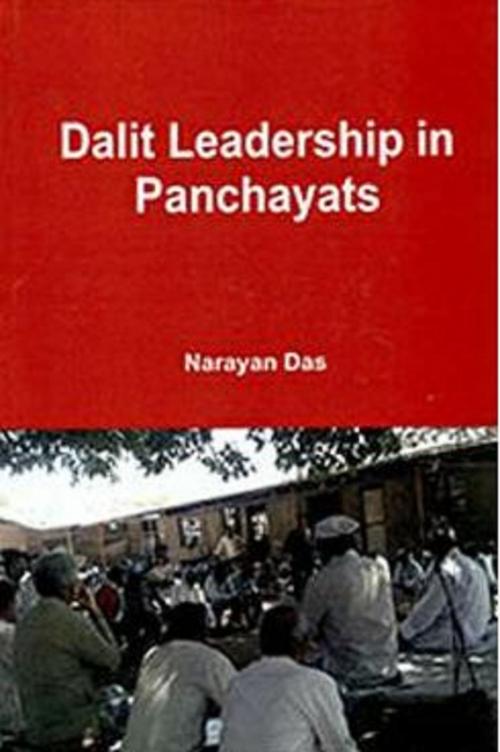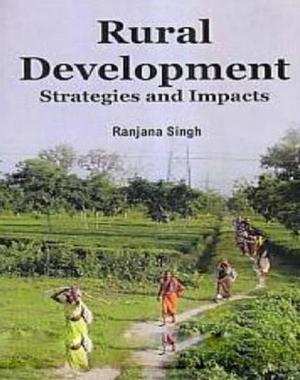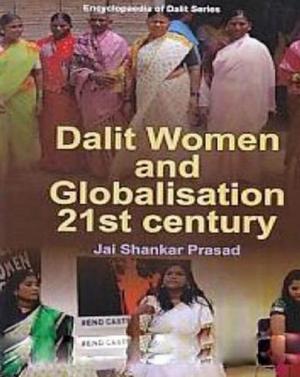| Author: | Narayan Das | ISBN: | 9789387846036 |
| Publisher: | Centrum Press | Publication: | June 30, 2013 |
| Imprint: | Centrum Press | Language: | English |
| Author: | Narayan Das |
| ISBN: | 9789387846036 |
| Publisher: | Centrum Press |
| Publication: | June 30, 2013 |
| Imprint: | Centrum Press |
| Language: | English |
The Dalits, also known as "untouchables", are often limited from equal and meaningful political participation due to the persistence of discriminatory practices and their weak economic, social and political position in caste-affected countries in India. Dalit women are particularly vulnerable and marginalized as they suffer from multiple discrimination as women, as poor and as Dalits. While some governments have enacted constitutional safeguards and affirmative action to promote equal access and opportunities, e.g. reservation policies in public sector employment, implementation of such laws and programmes remains weak and insufficient. Some governments have yet to introduce legislative measures, while others are in the process of establishing systems of proportionate representation in the restructuring of the state. Direct political participation of Dalit women in local governance is a central human right in itself and enables the realization of a host of other human rights. This book makes an analytical study of Dalit and tribal leadership in village panchayats after the 73rd amendment which makes further provision of reservations for SC. It addresses issues concerning scheduled caste.
The Dalits, also known as "untouchables", are often limited from equal and meaningful political participation due to the persistence of discriminatory practices and their weak economic, social and political position in caste-affected countries in India. Dalit women are particularly vulnerable and marginalized as they suffer from multiple discrimination as women, as poor and as Dalits. While some governments have enacted constitutional safeguards and affirmative action to promote equal access and opportunities, e.g. reservation policies in public sector employment, implementation of such laws and programmes remains weak and insufficient. Some governments have yet to introduce legislative measures, while others are in the process of establishing systems of proportionate representation in the restructuring of the state. Direct political participation of Dalit women in local governance is a central human right in itself and enables the realization of a host of other human rights. This book makes an analytical study of Dalit and tribal leadership in village panchayats after the 73rd amendment which makes further provision of reservations for SC. It addresses issues concerning scheduled caste.















